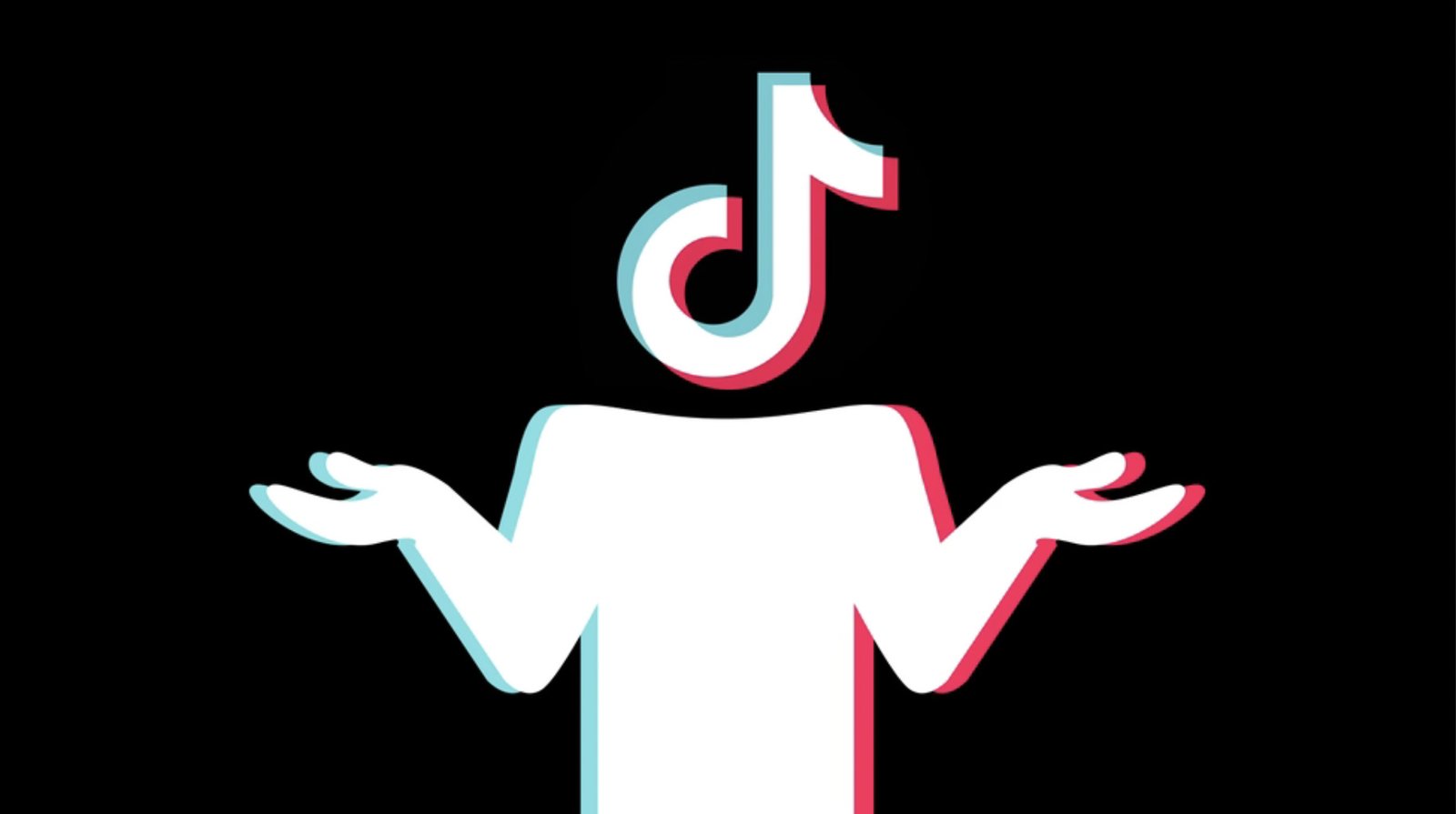DanceByte, the company that brought us TikTok is currently under fire for (1) hosting government officials and (2) being in China. Literally two things outside of DanceByte’s control. This is what our dysfunctional world has come to. The completely unconstitutional ban that couldn’t happen under the previous US administration, seems to be gaining “bipartisan” traction in the US all of a sudden, which means Canada will follow. Big sigh!
So, let’s brace for a ban in Canada. As many users put it, the world will be a very strange place on the day we wake up without TikTok.
Indeed, there is an anti-trust element in this ban that cannot be overseen in a free market. And we all know that TikTok’s data collection is no more or less intrusive than that of US-based platforms. The only difference is that TikTok has a better engagement algorithm and nobody has yet figured out exactly why. You don\’t need to have followers or follow anyone to be able to connect with like-minded individuals you’ve never met before, to test your content from different profiles, and drive traffic to wherever, or get information on current issues, that you can’t find anywhere else. You can open and close accounts at will for the sake of objectivity (or hard-core privacy), engagement won’t cease on TikTok. It is guaranteed to happen. This model is the closest I can see as a transition to a fully decentralized social media landscape.
The beloved platform has been way too successful for its own good.
You don’t get bored on TikTok. However, you may get frustrated if you try to use it like a traditional platform. Truly, TikTok is horrible for searching and spying, so it is understandable why government agencies want it banned. Unlike Twitter that allows for search of the latest info around a hashtag, TikTok interacts with each person individually, so the search is limited to the individual, it is not chronological (which sucks) but intuitive. You won’t see everything, but supposedly only what matters to you (if you trust the algorithm that is).
Even static Instagram influencers need TikTok to increase engagement and drive users to Instagram. Unfortunately, Instagram is like a dead horse. It does not move on its own. You need to bring users from other platforms, beginning with your friends – a somewhat desperate move, but what other choice do you have! You may want to make new friends, or new discussion groups, new bubbles. Instagram will limit you to one bubble. You literally need to hire a marketing company to be seen when you launch a new account, and there is no guarantee that it will be anyone from your target audience. A major issue with PR companies is that they own or rent significant bot-farms to simulate target audience, so they may also lose track of who is a real person and who is a bot. The line is heavily blurred. I still haven’t seen a legal definition of what a bot really is. I don’t have a definition either. All I know is that bots rarely create content, bots are best at copying, aggregating and impersonating.
TikTok shifted the attention from stats to engagement.
Nobody can be blamed for bot farms, and TikTok is no stranger to bots. The issue is indeed systemic, spanning through several decades, and seems empowered by the very algorithmic inefficiency of traditional platforms. It is a vicious circle resulting in a tremendous waste of time. Bot farms are proliferating precisely because of our unhealthy obsession with statistics. Unless you consciously train yourself to be objective, you will always tend to notice things with higher numbers. We all get deceived by large numbers of bots.
To me TikTok represents continuous action and constant inspiration to create more videos, to collaborate, to share ideas, get advice, to immersively experience reviews of restaurants, shops, and venues, goods and services. In many ways, TikTok complements or fully replaces Google Reviews for younger audiences.
Decentralizing social media will abolish the need for meaningless stats.
Is decentralization wishful thinking or the literal immediate future? At this point, it will depend on whether a TikTok ban will happen, and how long it will last. I can’t see how it wouldn’t be struck down by the courts, but the justice system is not very fast, so it could be a couple of years until it’s fixed. One thing I am certain of is that a ban will accelerate decentralization, along with the idea that users are ready to have greater control over content format and engagement algorithms. At this moment, even the best platform, TikTok, limits you to vertical shorts, while Instagram has its signature squares. Both are essential for our digital survival. There is no interoperability however so you need to go back and forth to fully experience content you need to.
What if you could enter one room and have it all at the same place. What if you decide what furniture to put in that room and who can get in or not. What if you can have several different rooms for different purposes with different engagement algorithms of your choosing. The metaverse will not eliminate 2D, but it also requires us to think and create in 3D. The metaverse is being slowly built from the ground up as we speak, so sooner or later there will be a moment when everyone embraces decentralized social. However, decentralization will emerge almost instantly from the vacuum of a TikTok ban.
I have a feeling that it is going to be a win-win.
